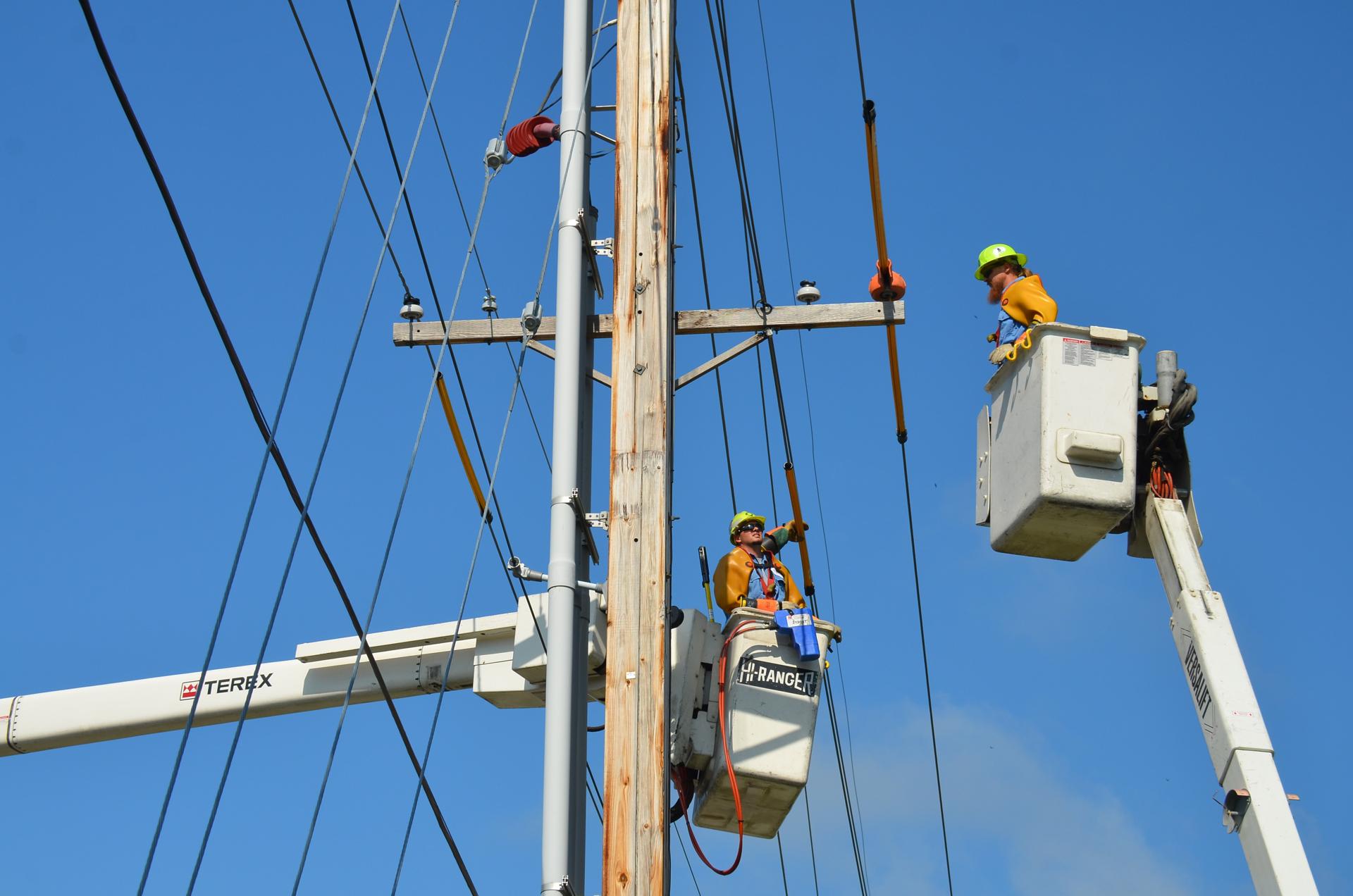Safe Practices for Electricians: Minimizing the Risks on the Job

Working as an electrician is a profession that comes with certain risks However, it’s also one that can be made safer with the proper steps. We at Local Electrician Glenwood, we take safety very seriously, and we believe it’s important to educate our customers on the hazards of electrical work and how to avoid accidents.
Statistics on electrical accidents:
Electrical accidents can happen in the workplace and at your home. In fact, according to Electrical Safety Foundation International, there were 2,000 electrical fatalities in the United States from 2003 to 2018. The main causes of these accidents are electrocution and electrical fires.
One of the best methods to prevent electrical injuries is to engage an accredited electrician. They are knowledgeable and have the experience to handle electrical work safely and efficiently, reducing the chance of accidents.
Safety Precautions:
One of the primary safety measures electricians can take is to wear protective equipment, like gloves eye protection, gloves, and insulation tools. They also make sure to shut off power prior to starting work, and employ lockout/tagout procedures to ensure power stays off while they perform their work.
For homeowners, it’s essential to avoid attempting electrical work themselves. Even simple tasks, such as changing an outlet or lighting fixture, could be hazardous if they’re not done correctly. It is recommended to contact a licensed professional to handle any electrical work.
Training and Certification:
To become licensed electrician, individuals must undergo an extensive course of study and pass a certification exam. This ensures that they have the knowledge and skills to handle electrical work efficiently and safely. We at Local Electrician Glenwood, we only employ licensed electricians, so you can trust that your electrical work will be done correctly.
Conclusion:
In summary, working as an electrician is not without risks, but these risks can be minimized by taking the appropriate precautions. We at Local Electrician Glenwood, we take safety very seriously and would like our customers to be aware of the importance of hiring a licensed electrician for all electrical needs. Remember, for any electrical services that you need, you are able to reach us at Local Electrician Glenwood at 1300 610 481.
FAQ:
What should I do if I encounter an electrical problem?
If you encounter an electrical issue, the first thing you need to do is shut off the power supply to the area in question and then contact a licensed electrician. Don’t attempt to fix the issue yourself, since it can be hazardous.
What is the best method to prevent electrical fires at your home?
The best method to avoid electrical fires at home is to employ an authorized electrician for all electrical work you want completed. In addition, be sure to avoid overloading outlets, use extension cords safely and replace any damaged electrical cords and devices.
Can I make my own electrical repairs or should I hire an electrician?
Although it might be tempting to try for savings by doing your own electrical work it’s not advised. Electricity work is dangerous so it’s recommended to engage an authorized electrician who has the expertise and training to do the task safely.
How can I determine whether an electrician is licensed and certified?
To confirm the electrician is certified and licensed You can verify this by contacting the licensing board of your state, or ask to see their certificate and license. In Local Electrician Glenwood, all of our electricians are licensed and certified.
What types of electrical services are offered by Local Electrician Glenwood offer?
We are Local Electrician Glenwood, we offer an array of electrical services, such as repairs and installations of electrical equipment, electrical panel upgrades lighting installations, and more. Contact us at 1300 610 481 to learn more about our services and the ways we are able to assist clients with their electrical requirements.
